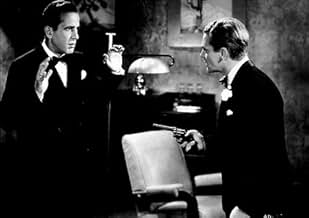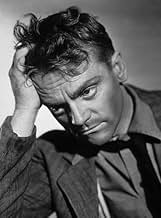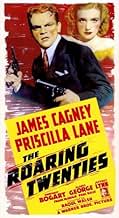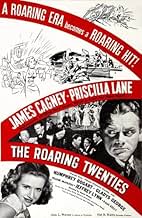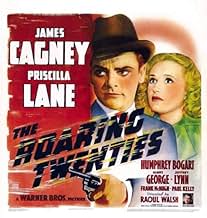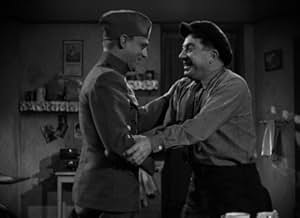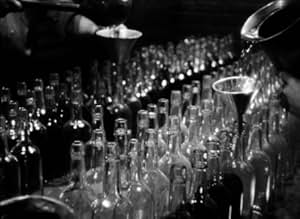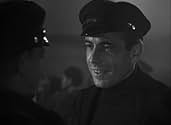Tre uomini provano a guadagnarsi da vivere nell'America del Proibizionismo dopo aver fatto ritorno a casa dalla Prima Guerra Mondiale.Tre uomini provano a guadagnarsi da vivere nell'America del Proibizionismo dopo aver fatto ritorno a casa dalla Prima Guerra Mondiale.Tre uomini provano a guadagnarsi da vivere nell'America del Proibizionismo dopo aver fatto ritorno a casa dalla Prima Guerra Mondiale.
Everything New on Max in December
Everything New on Max in December
Looking for something different to add to your Watchlist? Take a peek at what movies and TV shows are coming to streaming this month.


